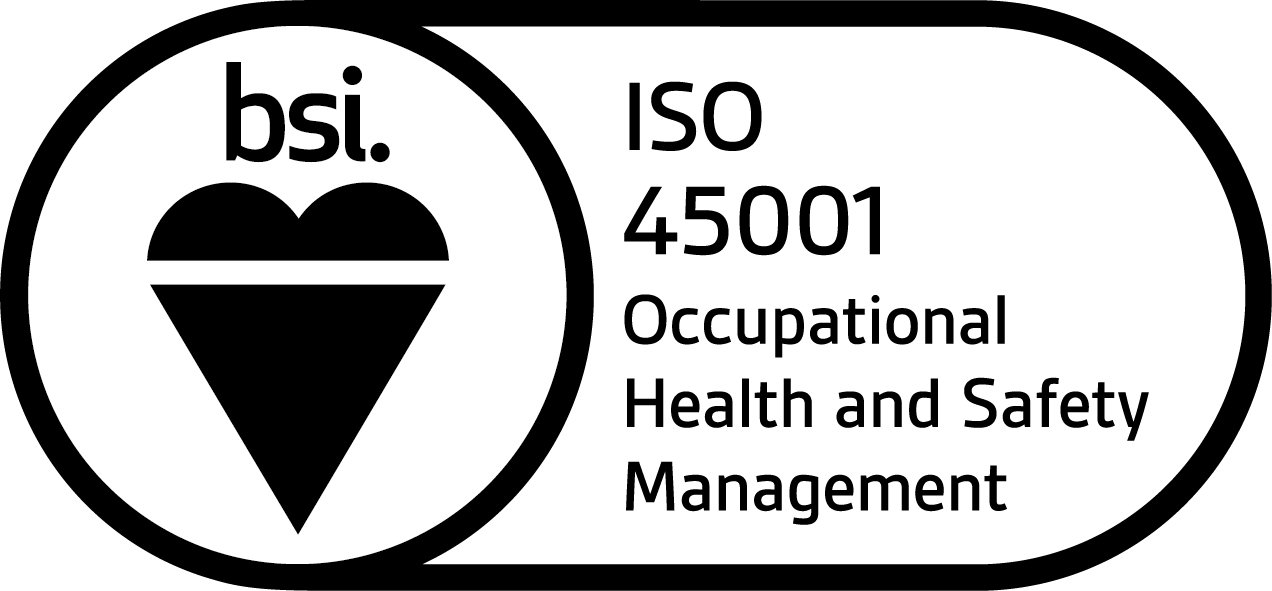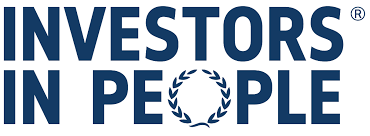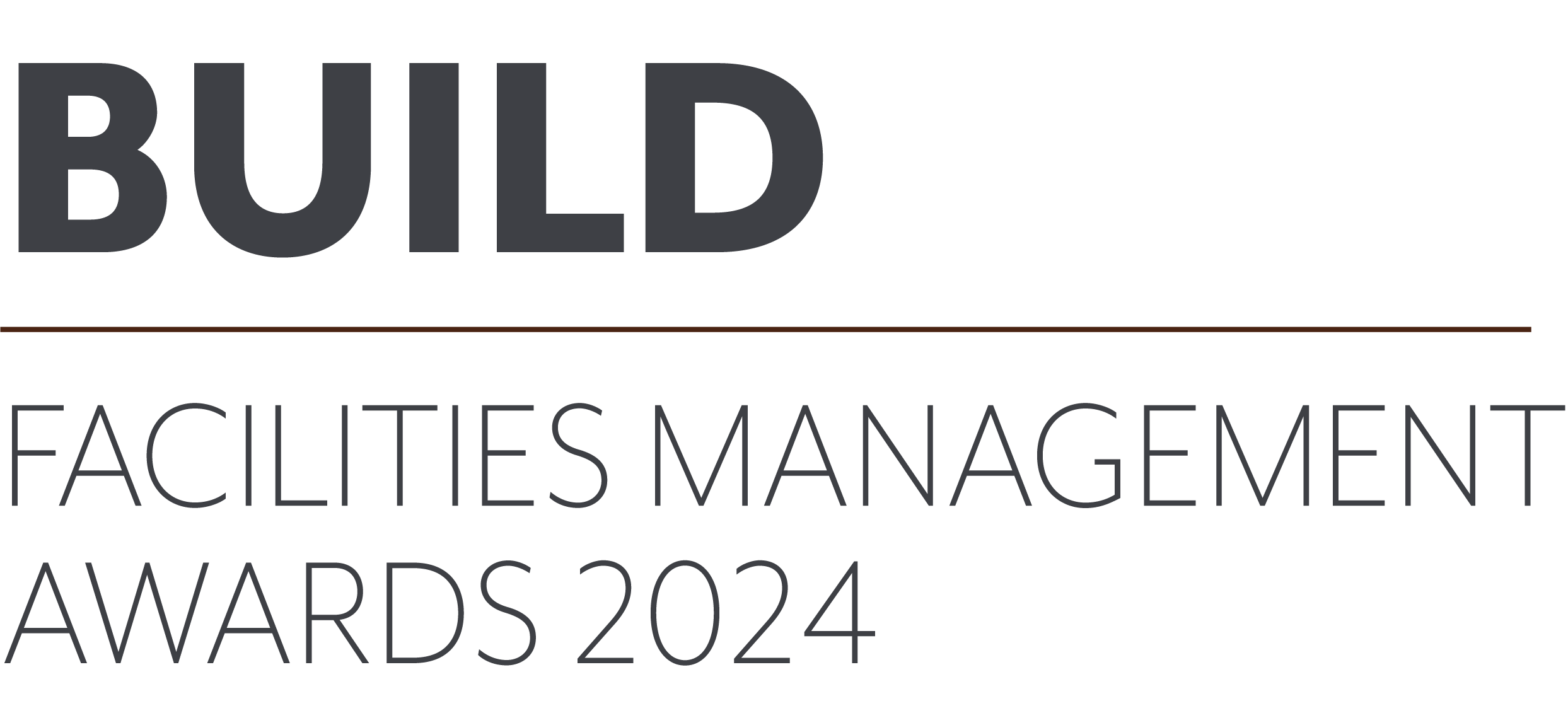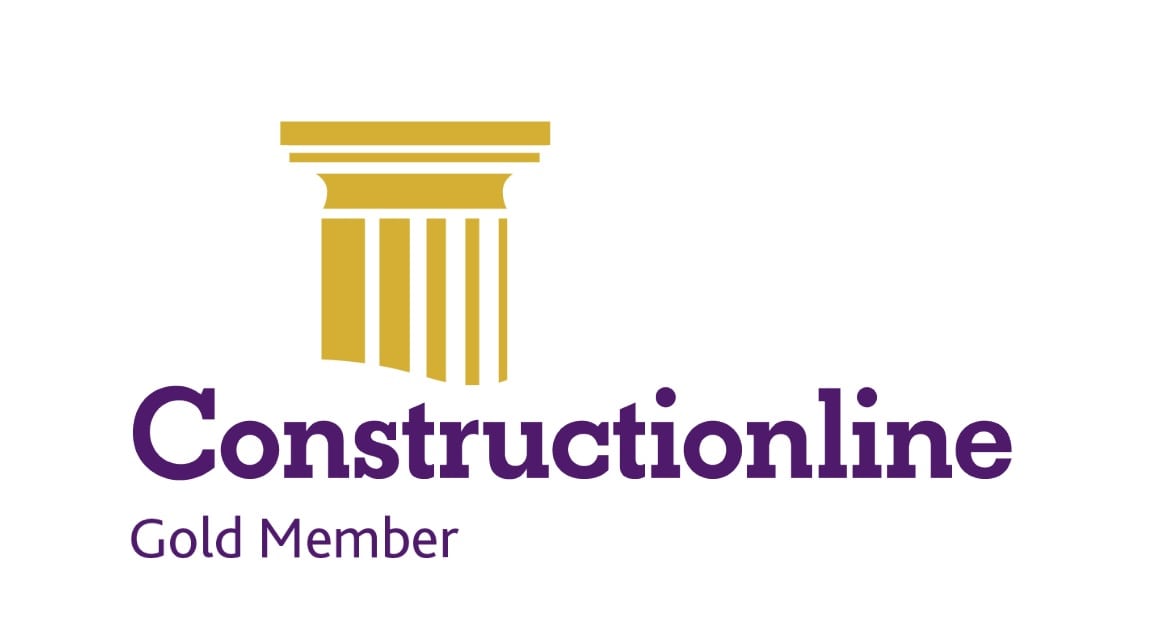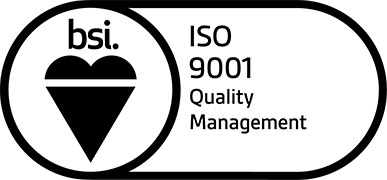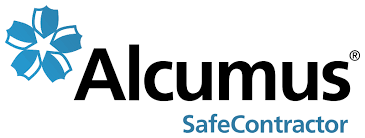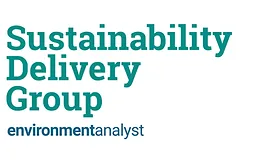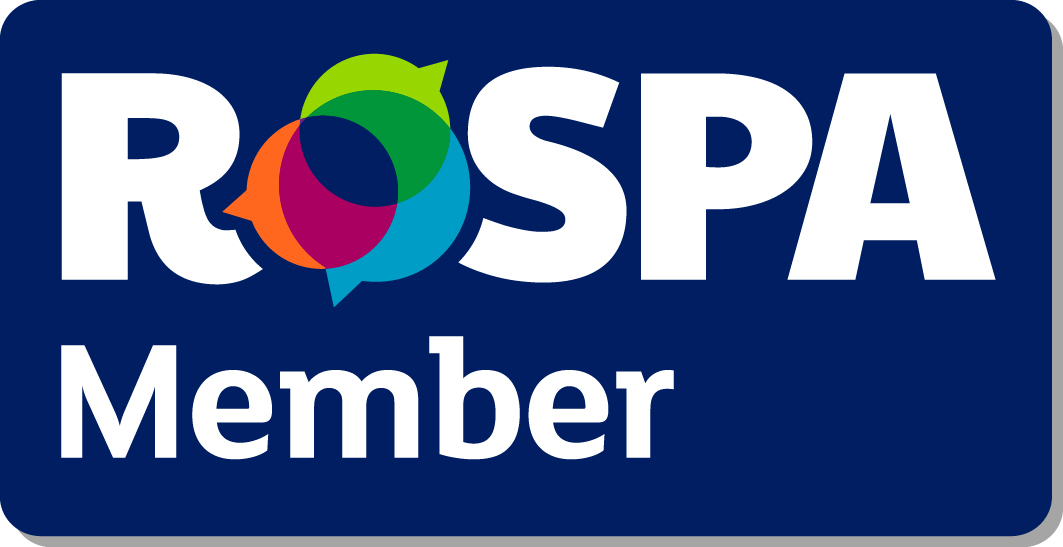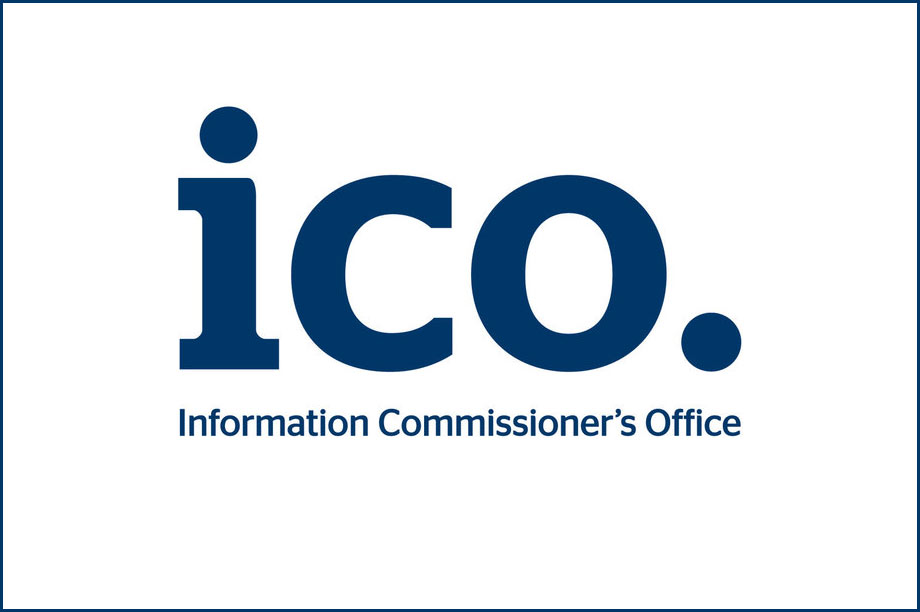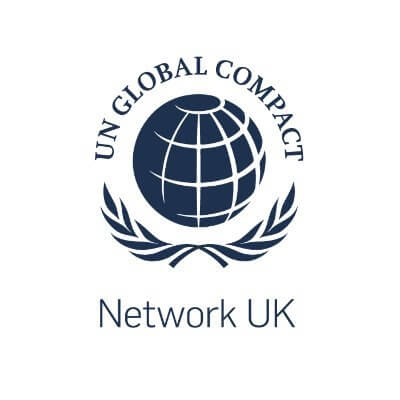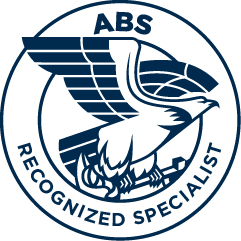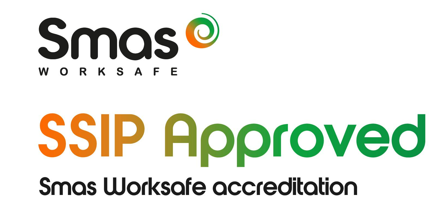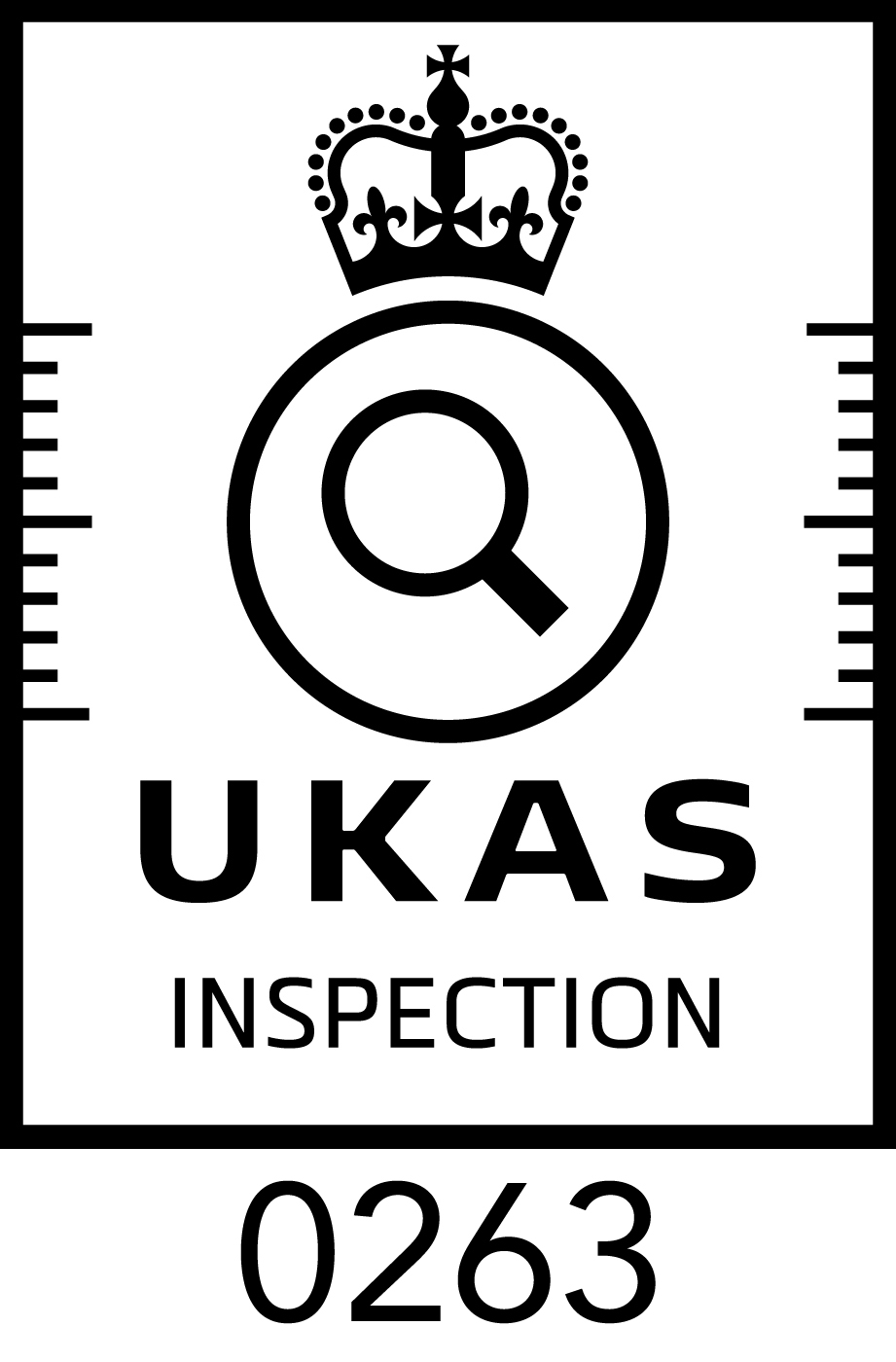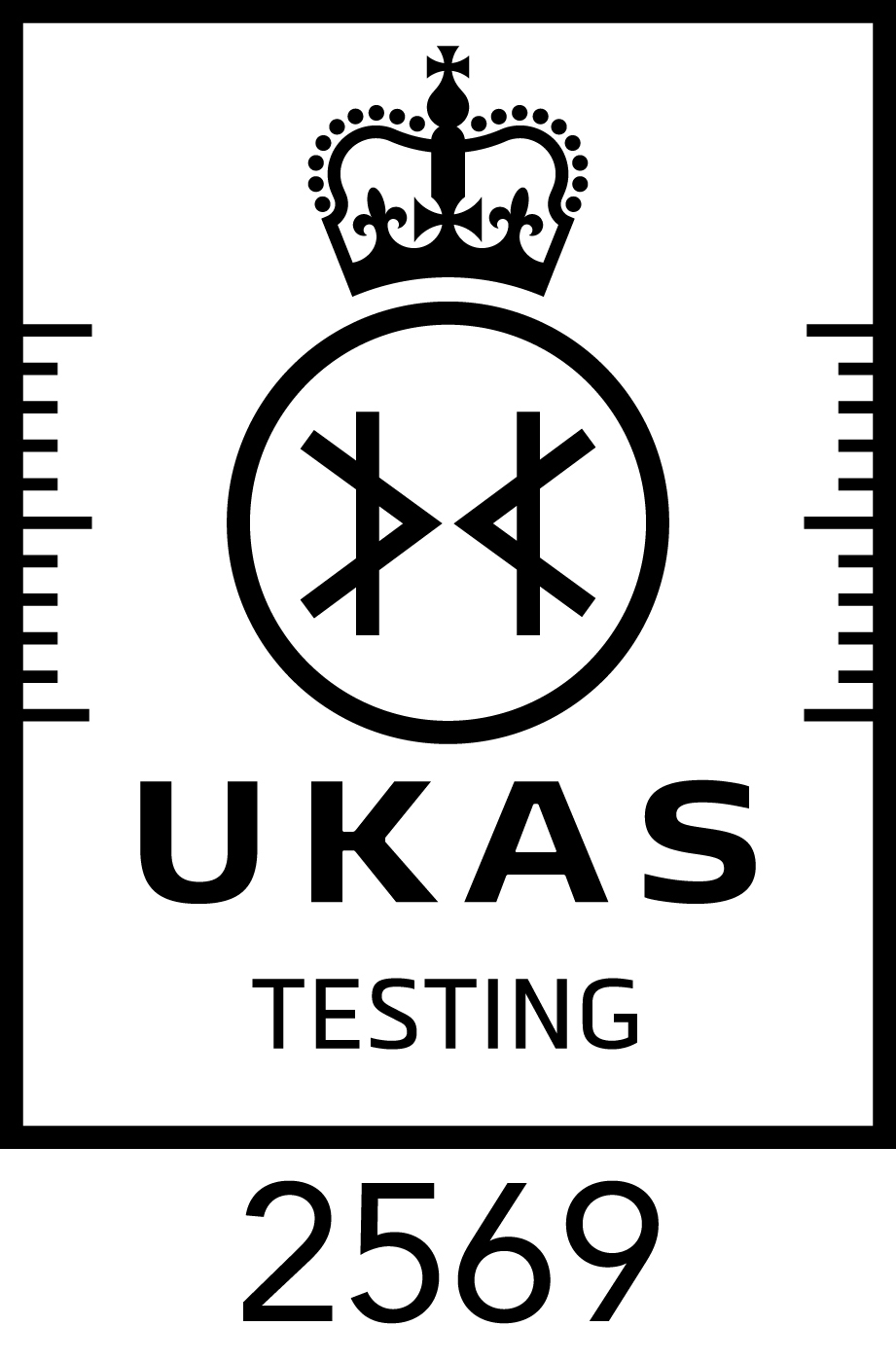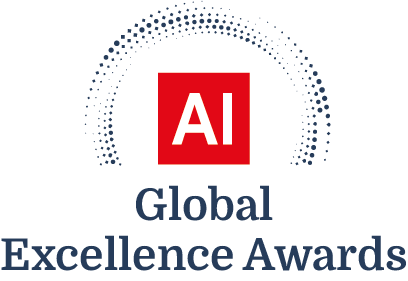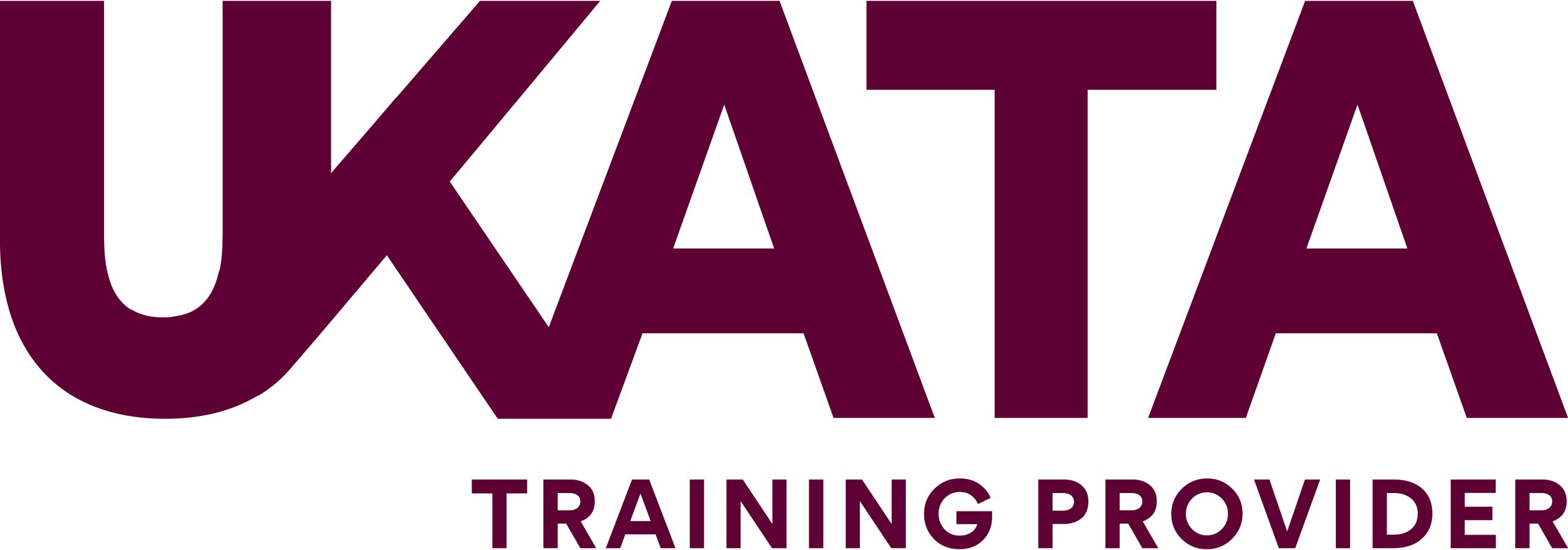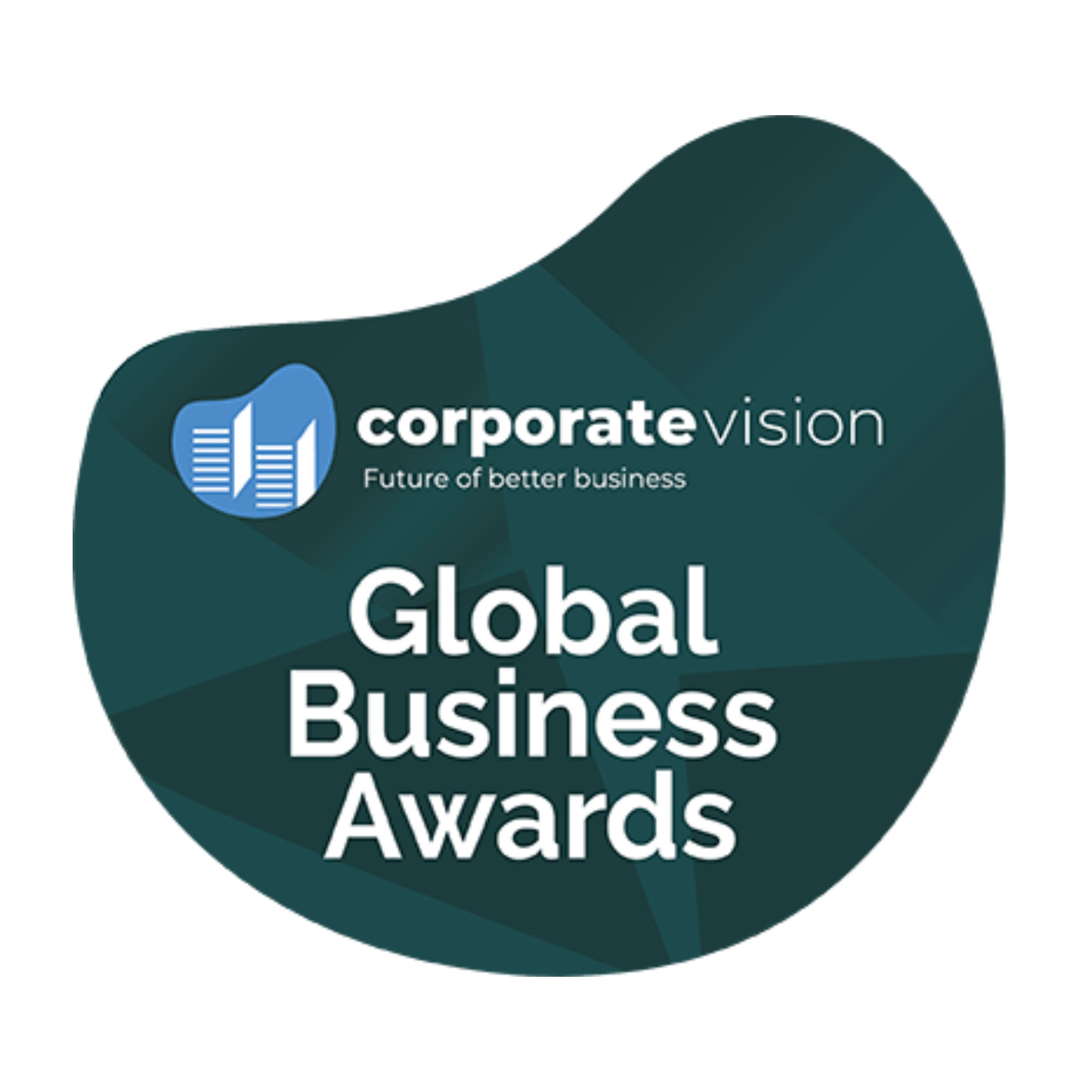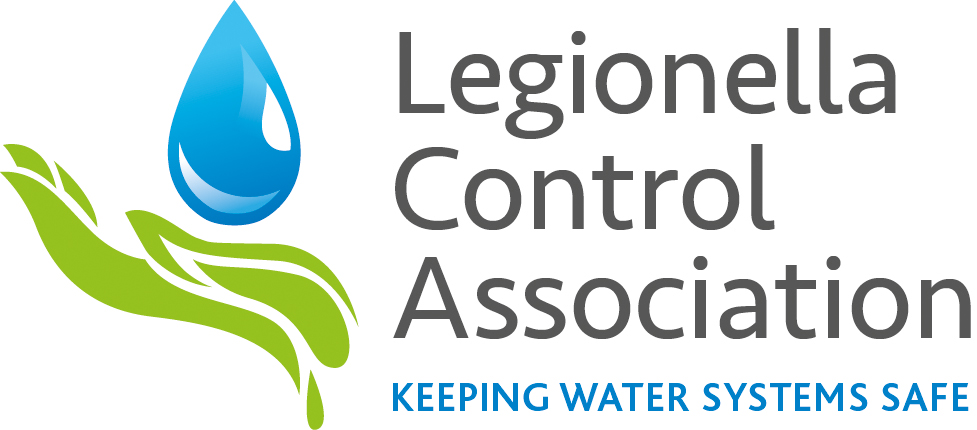Protecting people and planet
Protecting people and planet
Protecting people and planet
Protecting people and planet
Protecting people and planet
IMPACT. Don’t Lose It.

Lucion Group
7th November, 2022
“The purpose of business is to profitably solve problems of people and planet, and not profit from causing problems”.
- Prof Colin Mayer and colleagues in the British Academy’s Future of the Corporation project.
It’s true that the majority of businesses are beginning to come to terms with the concept that we have finite resources available to us, and we must protect these resources to continue to operate sustainably. But what about when the profits aren’t forthcoming? How do we continue our ambition to protect people and planet during an economic downturn?
The problem is that most businesses see their contribution to sustainability and the environment as something that needs to be taken out of their profit margin. Carbon offset commitments and investments into social value cost money to implement, and this has to be allocated from corporate finances.
The true answer to how we continue to commit to our Environmental, Social and Governance (ESG) goals needs to come from within. How can we address our operating model, to reduce our negative impact on the environment, and improve the impact for our community and surroundings?
By actively looking inwards at how we function and how we operate as a business, our commitments to ESG don’t need to be parked during an economic downturn, they should be further strengthened, to the benefit of the business.
As told in the memoir of Yvon Chouinard “Let my people go surfing”, his clothing company Patagonia found that their sales increased during economic downturns and recessions, whilst other clothing companies reported significant losses. Why did Patagonia grow? Because their ethos is that the best way to minimise their negative impact on the planet is to make high-quality clothing that lasts. This commitment is something they see through, with lifetime guarantees and repair options. Their customers understood this and, during times of economic instability with less disposable income, they needed to invest more wisely, in high-quality products that would last.
The word sustainability is overused, and becoming diluted. But in reality, it is simply about having enough to continue. Currently, humanity uses the equivalent of 1.7 planets to provide the resources needed to produce goods and absorb waste (Global Footprint Network 2020). It’s quite clear that we’re not living sustainably. So with finite resources that are running out, it would be terrible business sense to overlook sustainability now.
By facing into sustainability issues in times such as these, we can find sustainable value creation, and even disruptive innovation. As the climate crisis continues, climate-related emergencies will continue to rise, with the disruption obvious; scarcity of resources will lead to price increases, and continued climatic events create operational disruption and displacement of people (this might be our staff, clients or their customers).
To lean into these issues, and get real about our own impact on these situations, we can become part of the solution rather than the problem. We can create greater business value by investing into ESG, creating real value through mitigating business risks, reducing costs and overheads, increasing trust from our clients and stakeholders to ultimately drive growth.
In these tumultuous times, when it comes to sustainability, people are now more trusting of the information provided by businesses than any other institution, with businesses the most trusted by 61%, ahead of NGOs (59%), government (52%) and media (50%) in the 2022 Endleman Trust Barometer. Given the amount of greenwashing that businesses do, this says a lot about the state of our politics and media.
We’ve a long way to go, but what this tells us is that people want to see businesses lead the way. Whilst business leaders look to central Government for policy and guidance, we can make the changes that are needed without policy, and we can do so more reactively.
To make this movement authentic, and therefore trusted, it needs to come from within, from the core of the business’ raison d’etra. If this is done properly from the outset, all sustainability and ESG goals will align with wider business goals and be mutually beneficial.
“64% of consumers will buy or buycott a brand depending on its social/political stance”
2020 Edelman Trust Barometer.
Consumers now more than ever before have the opportunity to vote with their purses. Businesses will react according to customer spending patterns, and can shape their business accordingly. In today's digital age, customers are also more connected than ever, with more business information available. This creates huge opportunities for businesses to see a positive or negative impact based on their actions in sustainability.
Transparency is key to creating this trust and a purpose that your clients or customers can believe in. Being clear on your goals and sharing progress towards them is key, as this will be researched by buyers, but also being honest about where there are still improvements to be made is essential, as customers are on high alert of greenwashing.
At Lucion Group, our purpose, Protecting People & Planet, was borne simply out of what we do. Our services all focus on protection from harm, whether this is through identification, inspection, testing or consultancy services. This protection is focussed on two key areas; the environment - we protect our natural environment through our expertise on sustainable development; and people - we protect people from hazardous materials and environments. This purpose drives all our decisions, and so it is key, now more than ever, that we continue to drive momentum towards our goals to support both our community and our environment, as the two go hand in hand at Lucion Group.
We’re proud to have invested in a dedicated, internal ESG team, who are working on our internal ESG goals, which will include a Carbon plan and a Social plan. As we move into a period of potential austerity, we’ll be making sure that we’re minimising waste, reducing unnecessary travel, continuing to assess our office footprint and our supply chain to ensure we are working with companies whose values align with our own.
We are currently preparing to launch our Carbon Plan, as in the last year (FY22), we've reduced our carbon footprint by 54% against the previous year (FY21) and we want to continue these improvements. We are also developing our new Social Plan, allowing an increased proportion of our profits to be used for developing our sponsorship, volunteering programs, and environmental benefit schemes that our community care about.
So, if sustainability is about collectively having enough to continue, it seems that now is precisely the time we need to be leaning into the issues we face, and looking inward at what we can do, as individuals and as businesses, to make our future stable, and sustainable.
About The Author
With over 12 years of experience within Lucion in various commercial functions and in-depth knowledge of our market drivers and the changing landscape of client requirements, Lucy Clark has been pivotal to the growth and development of Lucion and its subsidiary companies. Lucy ensures that our Group strategy, branding and communications are aligned with our vision for sustainable growth. Lucy heads up our bids, marketing, internal communications and commercial contracts functions.
Register for IMPACT Bulletin
Don’t miss a beat - get the latest insights and updates from Lucion straight to your inbox.
